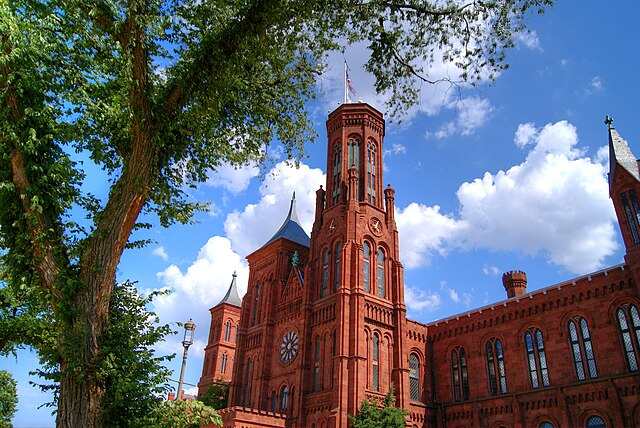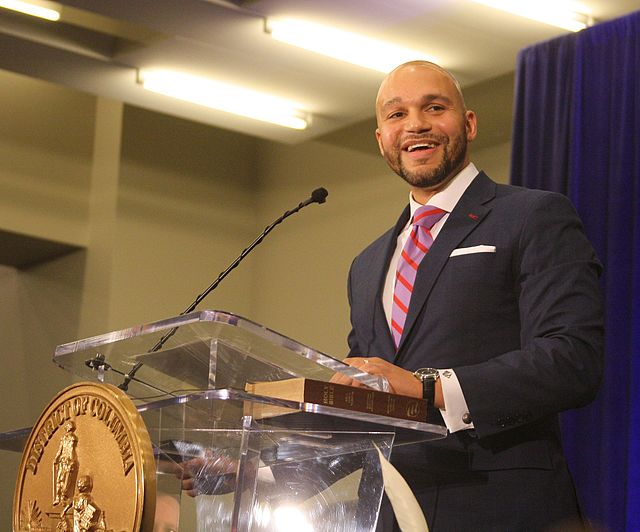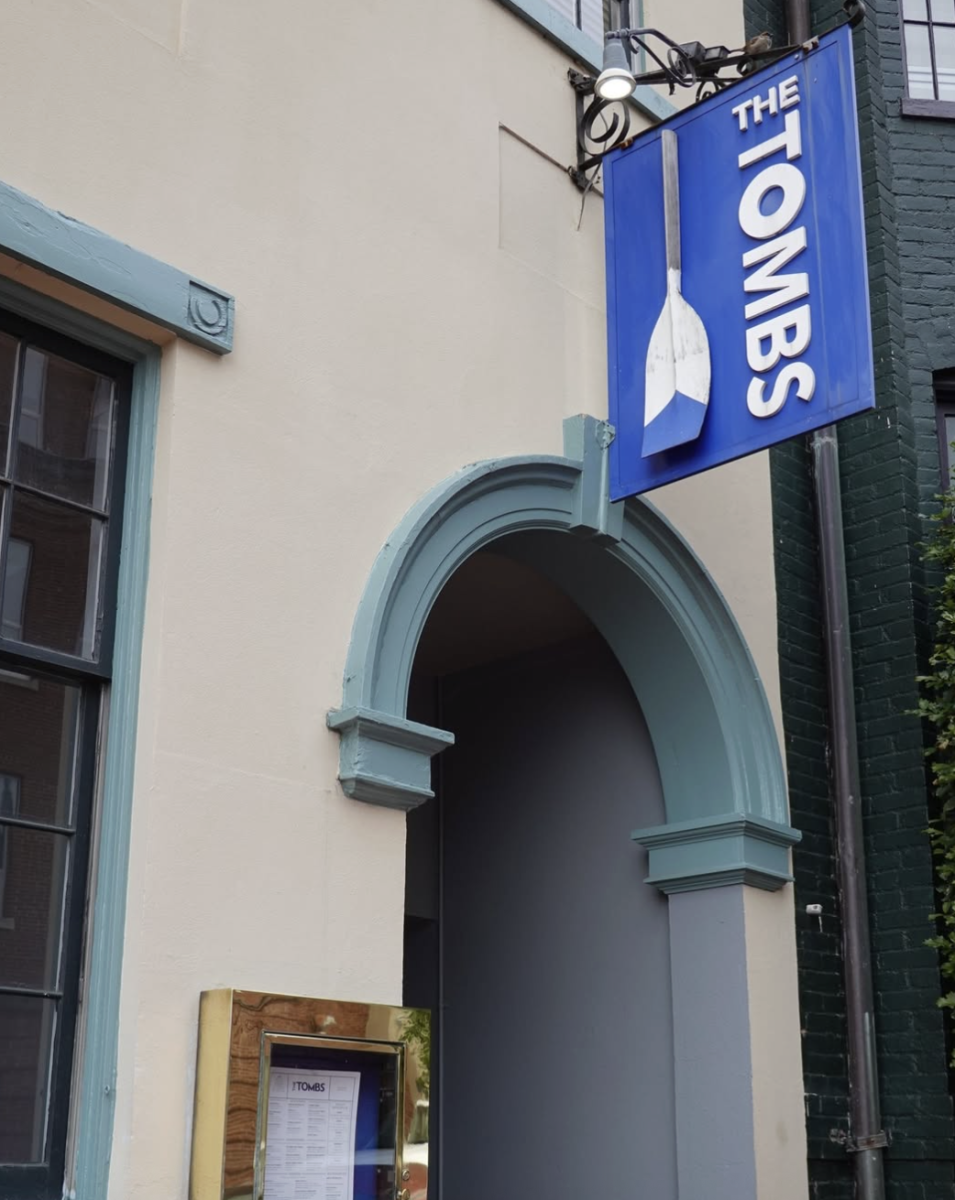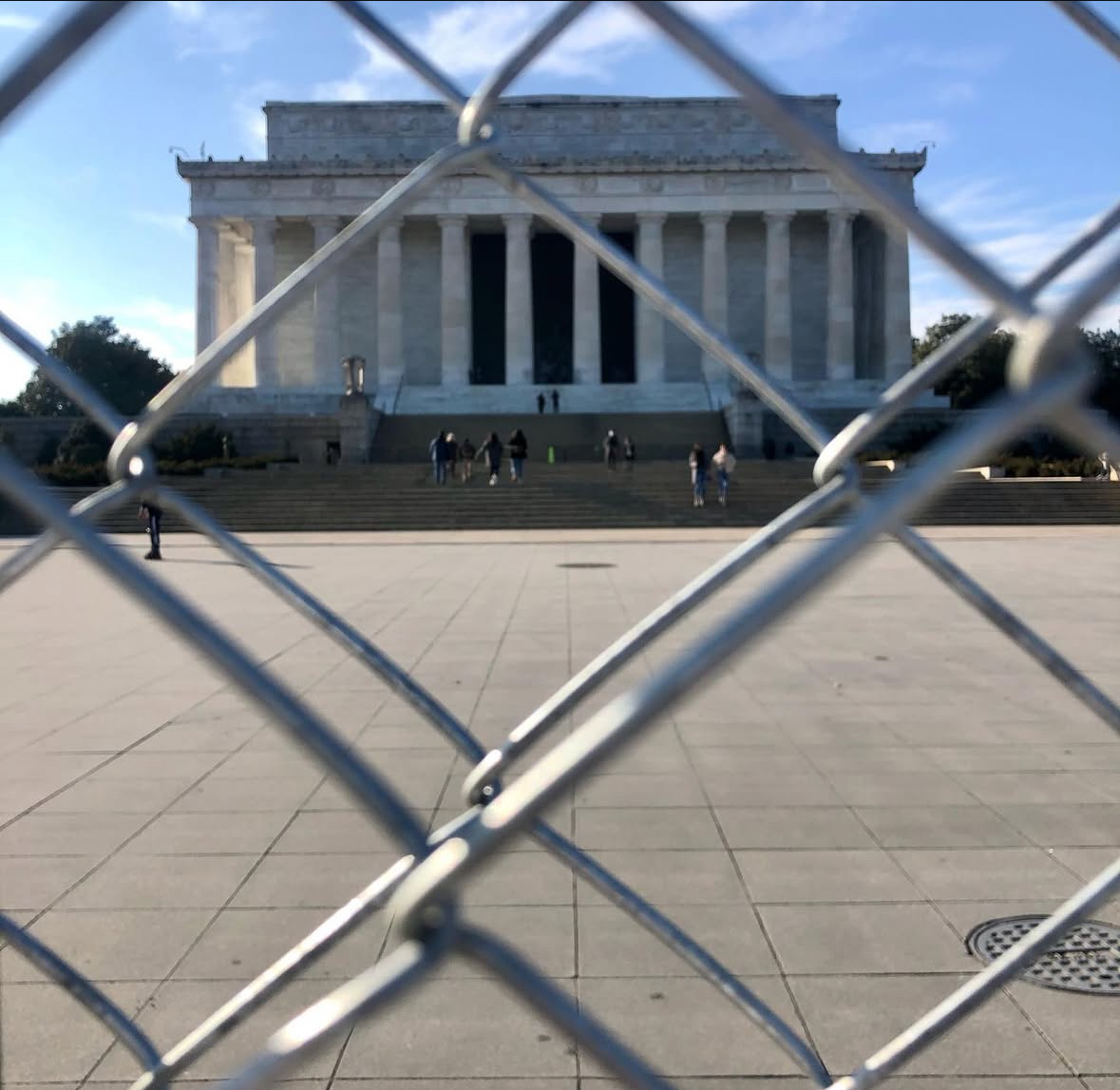The D.C. City Council introduced new legislation Jan. 15 to increase the cost of purchasing bottled beverages with the intention of reducing glass and plastic waste.
Councilmember Brianne Nadeau (D-Ward 1) proposed the Recycling, Refund and Litter Reduction Amendment Act of 2025, also referred to as the “Bottle Bill.” The amendment would place an initial 10-cent increase on the purchase of plastic bottles and cans, but allow consumers to reclaim the added cost by returning the empty containers to redemption centers.
In her overview of the proposal, Nadeau said plastic bottles alone account for 60% of the weight of all trash retrieved from the Anacostia River.
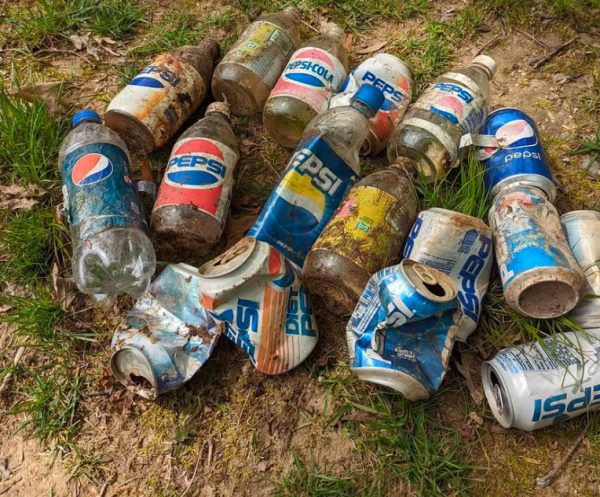
(@sierraclubdc)
“The promise that was made to my generation years ago, that if we dutifully put our recycling into the bin it would not end up in landfills, is a lie,” Nadeau wrote in the Jan. 16 press release. “In fact, the majority of it is not being recycled.”
Kaitlyn Sullivan (CAS ’28), a student pursuing a career in environmental law, said she feels that the bill would take important steps to reduce plastic waste in Washington, D.C., without serious financial repercussions on its residents.
“A lot of the times we fail to consider the ramifications for people such as the lower class who aren’t the ones majorly exasperating the resources of our planet,” Sullivan told the Hoya. “When we write the legislation we need to be accounting for that.”
“The bottle bill is a strong solution, especially with socioeconomic and racial impact analysis. As long as we make it easy to return the bottles, since there is potential to get the money back, then we aren’t unfairly taxing the people who shouldn’t carry the burden of fixing environmental impacts,” she added.
With similar legislation having already been enacted in other U.S. states, data suggests that an upfront bottle tax has increased bottle return rates from 69% to 84%.
Sofia Madden (CAS ’28), an environmental biology student, said she supports the bill but added that she feels hesitant at the low financial return and inaccessibility of the bottle redemption sites.
“If the redemption sites are somewhere inaccessible, I don’t know if I or others would put in much effort,” Madden said. “However, I think in turn this issue could have positive effects — that it could emphasize the accessibility of and lead to the improvement of redemption centers.”
With the support of eleven fellow council members, the bill will now undergo a series of committee and public hearings.
During a Jan. 16 press conference, Councilmember Charles Allen (D-Ward 6) said he hopes the bill will have similar success to past initiatives.
“We hope to have the same impact that we created fifteen years ago with a bag bill — that we will see the same reduction in trash,” Allen said.
The bag bill, instituted in D.C. in 2010, placed a 5-cent charge on non-reusable bags, encouraging consumers to supply their own shopping bags.
The bottle bill is among a larger pool of legislative proposals, including an initiative to maintain parks and forest areas, to clean up the environment and to invest in more sustainable resources.
Sullivan said these initiatives work to make environmentally-oriented efforts more impactful and accessible.
“As much effort as advocates can put in, legislation is a really important aspect of ending environmentally harmful practices,” Sullivan said. “And especially with these types of top-down approaches — that aren’t a ban and aren’t too unreasonable of a cost — these are digestible improvements that have potential to be effective.”
“This is a solid step on the road toward more long-term and impactful legislation,” Sullivan added.




